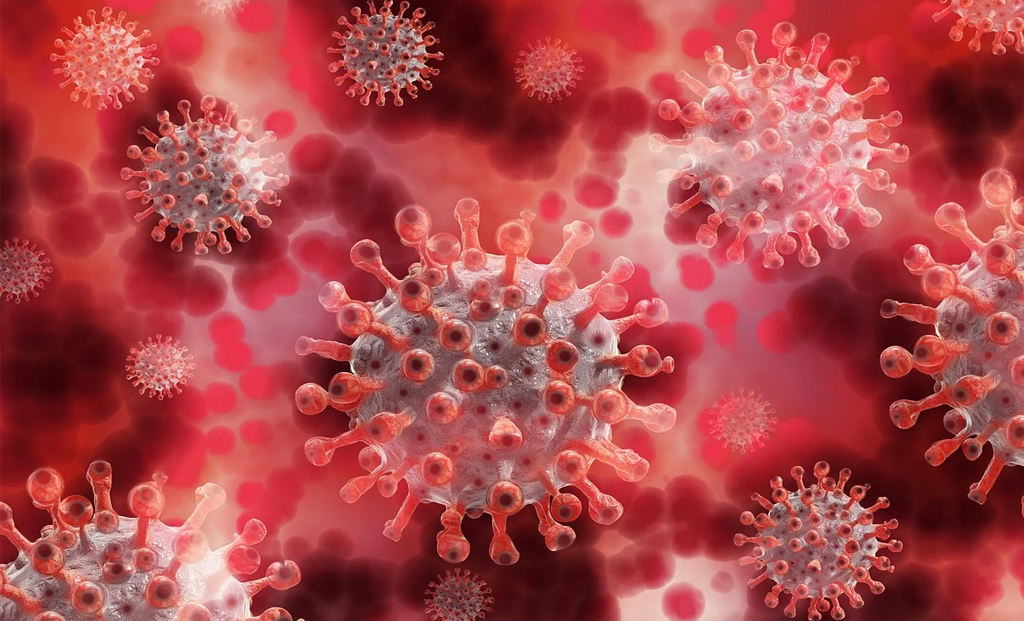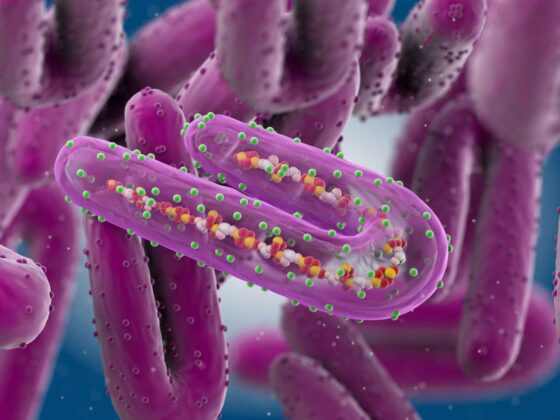New Delhi, 01 December 2024: A tragic incident from Springfield, Massachusetts, has brought attention to foodborne illnesses as a 6-year-old girl, Angelica Vazquez, died after consuming a McDonald’s cheeseburger. Her mother, Samantha Ocasio, believes the contamination (E. coli) that caused her daughter’s fatal illness came from the meal eaten before Halloween trick-or-treating.
Samantha Ocasio described her daughter’s demise as “fast, really fast,” leaving the family in shock and grief. Angelica, one of Ocasio’s seven children, fell ill the day after eating a McDonald’s cheeseburger on Halloween. Initially, the symptoms appeared mild, with Angelica experiencing stomach pain and vomiting.
Her mother offered her Gatorade and advised rest, thinking it was a simple stomach bug. However, Angelica’s condition deteriorated rapidly, and she succumbed to the illness soon after. Ocasio now speaks out to warn others about the potential dangers of foodborne bacteria, hoping no other family faces such a loss.
Understanding E. coli and Its Risks
E. coli (Escherichia coli) is a bacterium that naturally exists in the intestines of humans and animals, most strains of which are harmless. However, some strains, like E. coli O157:H7, can produce harmful toxins causing severe foodborne illnesses.
How Does E. coli Spread?
E. coli infections are typically contracted through:
Contaminated Food or Water: Raw or undercooked meat, unpasteurized milk, and fresh produce.
Cross-Contamination: Handling food with unclean hands or utensils.
Direct Contact: Exposure to infected animals or people.
Symptoms of E. coli Infection
The symptoms of an E. coli infection typically appear within 1-10 days of exposure and include:
Abdominal cramps.
Diarrhea, sometimes bloody.
Nausea and vomiting.
Fever.
In severe cases, it can lead to hemolytic uremic syndrome (HUS), a condition causing kidney failure and even death, particularly in young children, the elderly, and individuals with weakened immune systems.
Fast Food and Food Safety Concerns
This tragic incident highlights concerns over food safety, especially in fast food chains where high-volume production may compromise quality control. Contaminated meat is a common source of E. coli outbreaks, and the risk increases when proper cooking temperatures or hygiene practices are not strictly followed.
Fast food chains, including McDonald’s, are typically expected to follow stringent safety protocols, including sourcing high-quality ingredients and maintaining strict hygiene during food preparation. This case raises questions about the efficiency of these measures and the need for more rigorous oversight.
Preventive Tips One Must Follow
While it is impossible to eliminate all risks, there are steps individuals and food establishments can take to reduce the likelihood of E. coli contamination:
Cook Meat Thoroughly: Ensure ground meat reaches an internal temperature of 160°F (71°C).
Practice Hygiene: Wash hands, utensils, and surfaces frequently.
Avoid Cross-Contamination: Keep raw meat separate from ready-to-eat foods.
Choose Safe Products: Opt for pasteurized dairy and properly washed produce.
The untimely death of Angelica Vazquez is a stark reminder of the devastating impact of foodborne illnesses. This incident underscores the importance of rigorous food safety standards in preventing tragedies like this. Families should remain cautious about food quality and hygiene while the food industry takes responsibility for enforcing strict safety measures.










